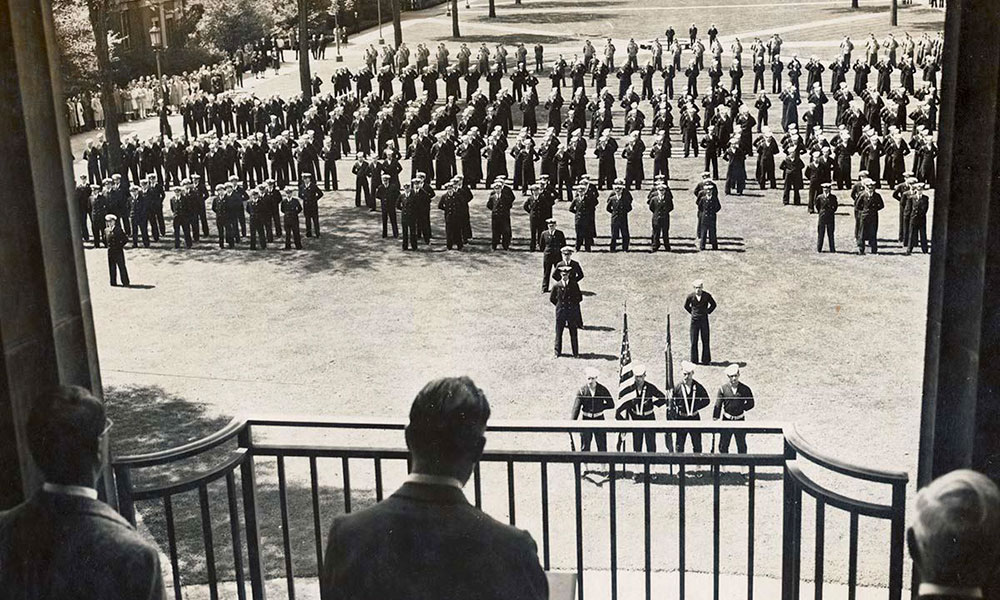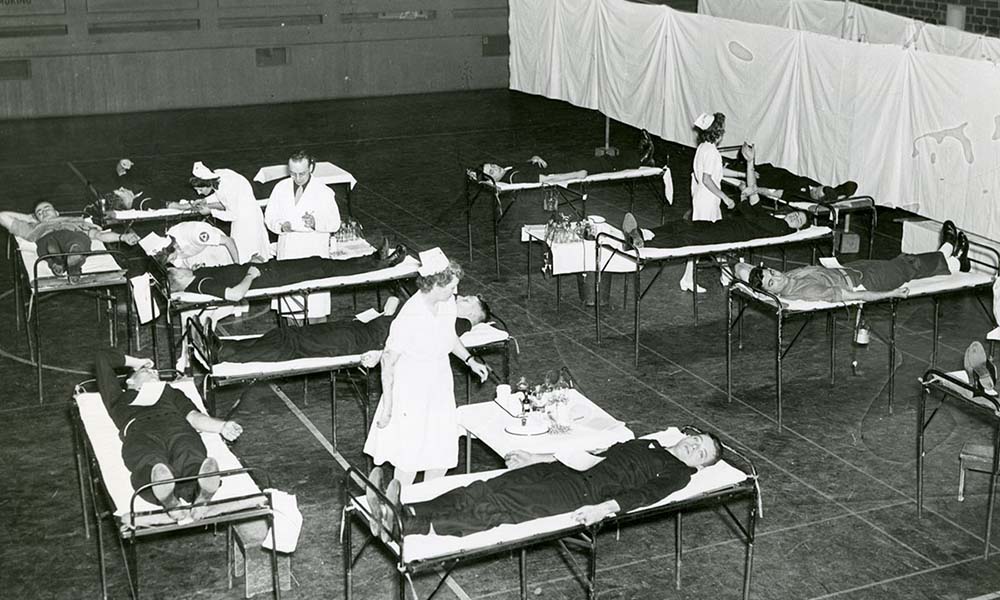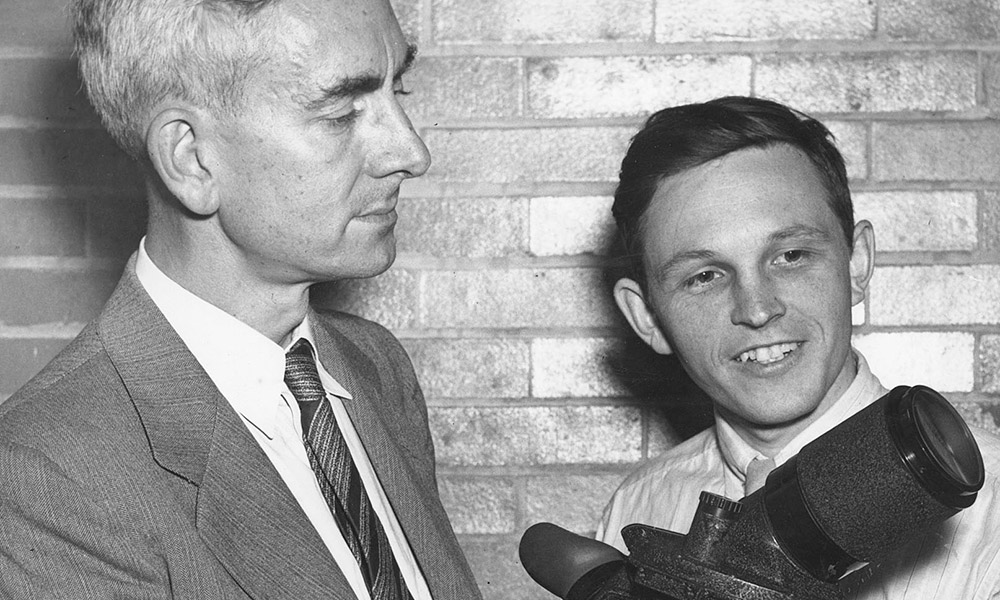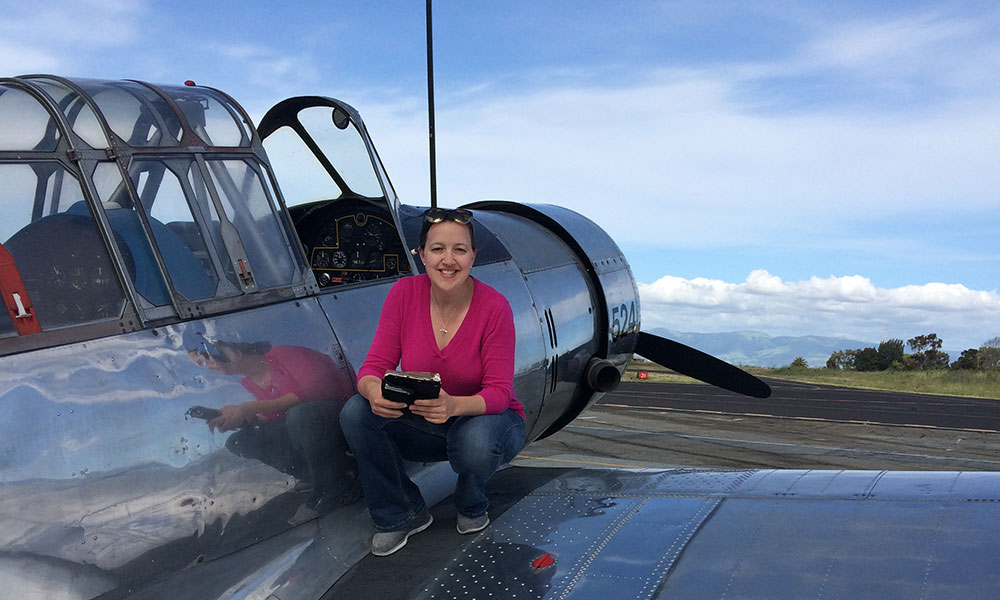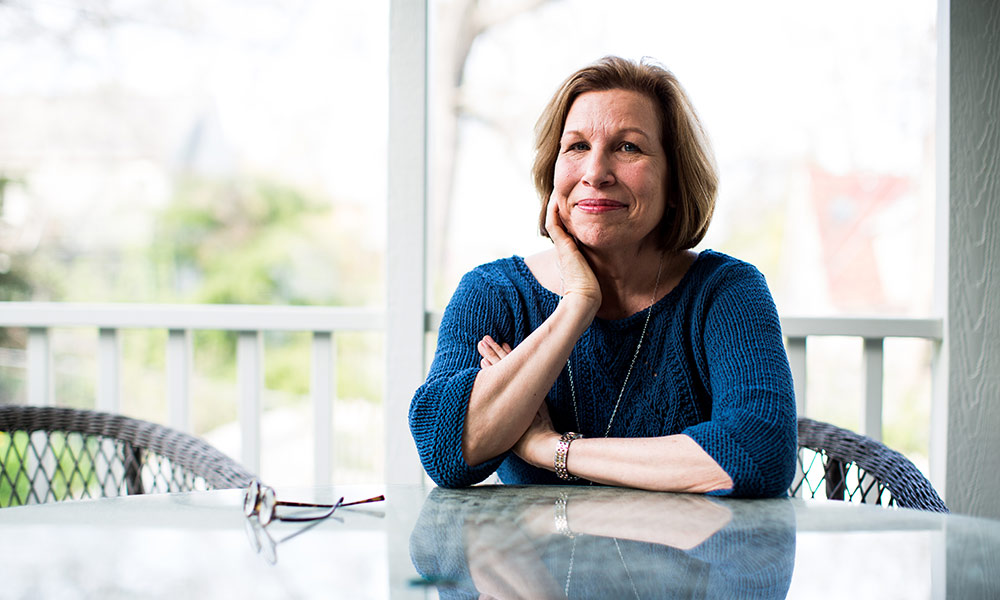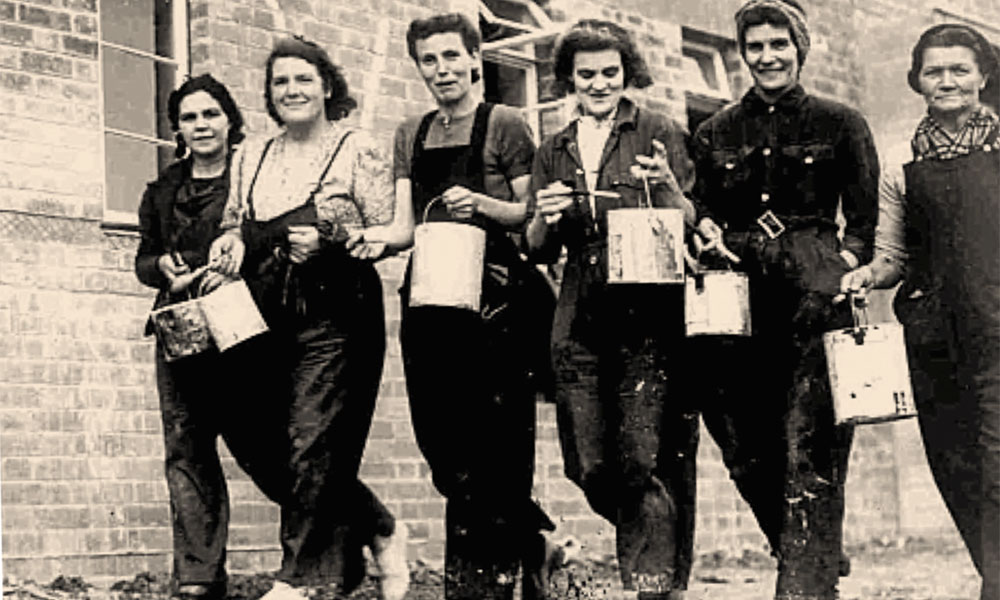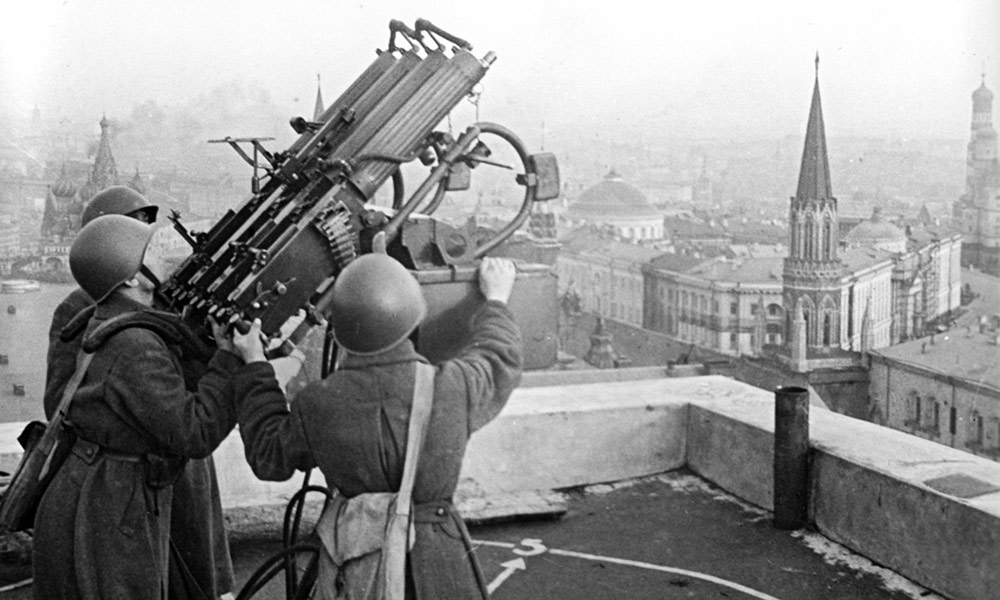
Voices & Opinion
Time to acknowledge Soviet Union’s ‘immense losses’ in World War II
December 12, 2018
Marking the December anniversary of the 1941 Soviet offensive at the Battle of Moscow, associate professor of history Matthew Lenoe writes in the Washington Post about Russian sacrifice and loss during World War II.

